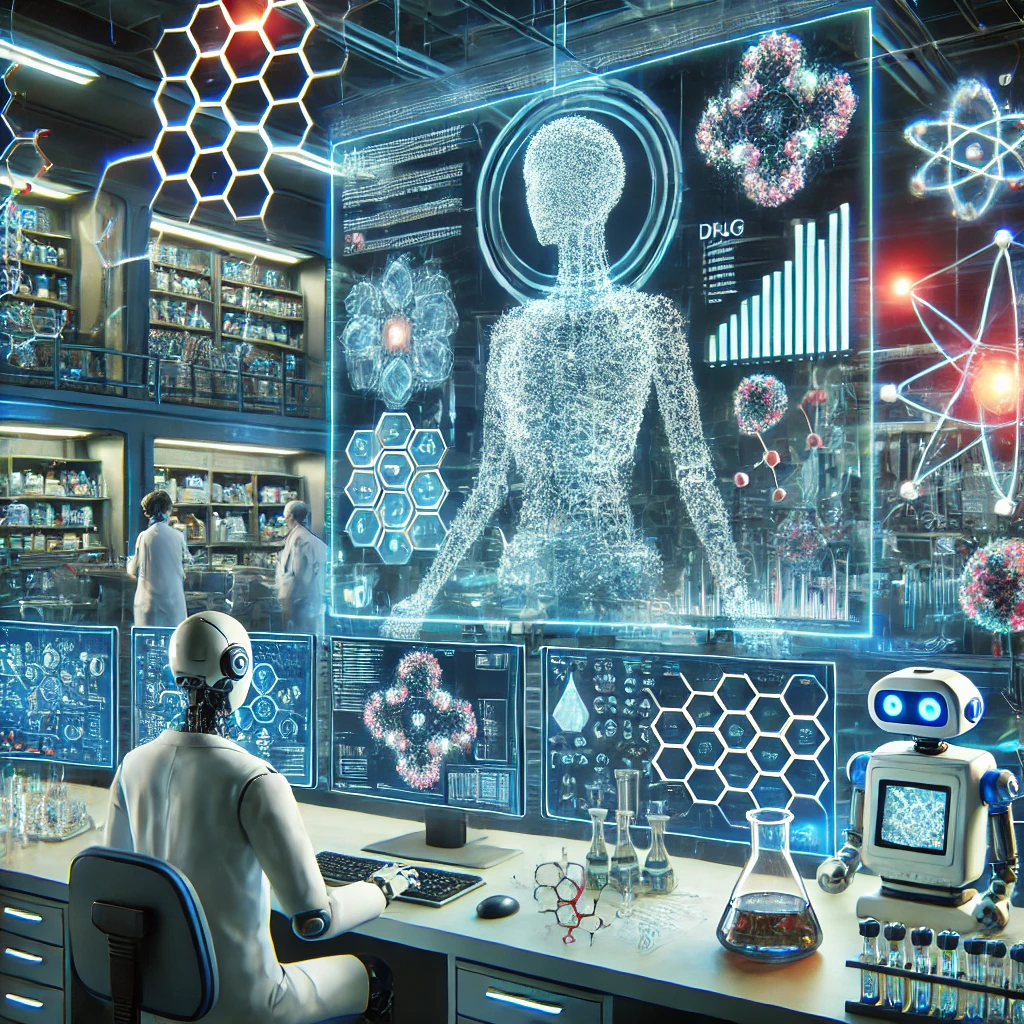How AI is Assisting in Drug Discovery

Artificial intelligence (AI) is revolutionizing the field of drug discovery, transforming what has traditionally been a time-consuming, expensive, and uncertain process. AI offers unprecedented opportunities to accelerate the development of new medicines by applying advanced computational techniques to analyze vast datasets, model complex biological systems, and predict potential drug candidates with greater accuracy. By combining the power of machine learning algorithms with the massive amount of data now available in genomics, chemistry, and pharmacology, AI is poised to significantly impact the future of drug development.
Accelerating Drug Discovery Timelines
One of the most significant ways AI is transforming drug discovery is by drastically reducing the time it takes to identify promising drug candidates. The traditional drug discovery process, which often spans 10 to 15 years, involves multiple stages—target identification, drug screening, clinical trials, and regulatory approval—all of which are labor-intensive and costly. AI has the potential to streamline these stages by automating key tasks, such as analyzing biological data and predicting molecular interactions.
For instance, AI algorithms can sift through large datasets of chemical compounds and biological molecules to identify patterns that might be missed by human researchers. This allows scientists to prioritize compounds with the highest potential for success early in the process. Machine learning models can also simulate how different drugs interact with target proteins, helping researchers predict which molecules will be most effective in treating a disease. This significantly speeds up the initial stages of drug discovery, allowing researchers to focus their efforts on the most promising leads.
Enhancing Drug Design with AI
AI is also playing a critical role in the design of new drugs. Traditional drug design involves laborious trial-and-error experiments to identify molecules that bind effectively to a target protein. AI, on the other hand, can predict the structure and function of proteins and suggest molecules that are most likely to bind with these proteins. Generative models, such as deep learning-based algorithms, can create entirely new molecular structures tailored to interact with specific biological targets. This opens the door to the development of novel drugs that may not have been discovered through traditional means.
An example of this is the use of AI-driven generative models, which are capable of designing new molecules by learning from existing drug data. AI systems can propose thousands of potential drug candidates, rapidly narrowing down the most viable options based on criteria like binding affinity, toxicity, and stability. By automating the process of molecular design, AI reduces the need for manual experimentation, saving both time and resources.
AI in Predicting Drug Safety and Efficacy
Another crucial aspect of drug discovery where AI is making strides is in predicting the safety and efficacy of new drugs. Traditional preclinical and clinical testing methods can take years, and many drug candidates fail due to unforeseen side effects or lack of effectiveness. AI can help mitigate this risk by analyzing historical data from past clinical trials and patient outcomes to predict how new drugs will behave in humans. Machine learning models can detect patterns in biological and chemical data that indicate whether a drug is likely to cause adverse effects or fail in clinical trials.
AI can also assist in identifying potential biomarkers, which are measurable indicators of the effects of a drug on the body. This helps researchers design more targeted and effective therapies, particularly in fields like oncology, where personalized medicine is becoming increasingly important.
Conclusion
In conclusion, AI is playing an increasingly vital role in transforming drug discovery. By accelerating the identification of promising drug candidates, enhancing drug design, and predicting the safety and efficacy of new treatments, AI is helping pharmaceutical companies develop life-saving medications more efficiently and at a lower cost. While there are still challenges to be addressed, such as ensuring data accuracy and overcoming regulatory hurdles, the potential of AI to revolutionize drug discovery is undeniable. As AI technologies continue to advance, they will undoubtedly lead to faster, safer, and more effective treatments for a wide range of diseases.